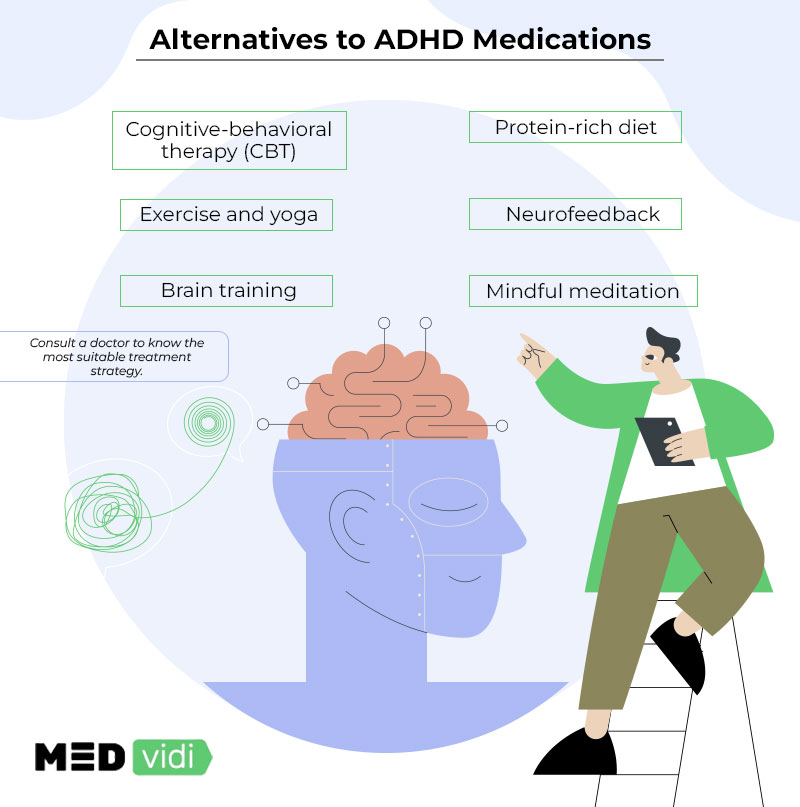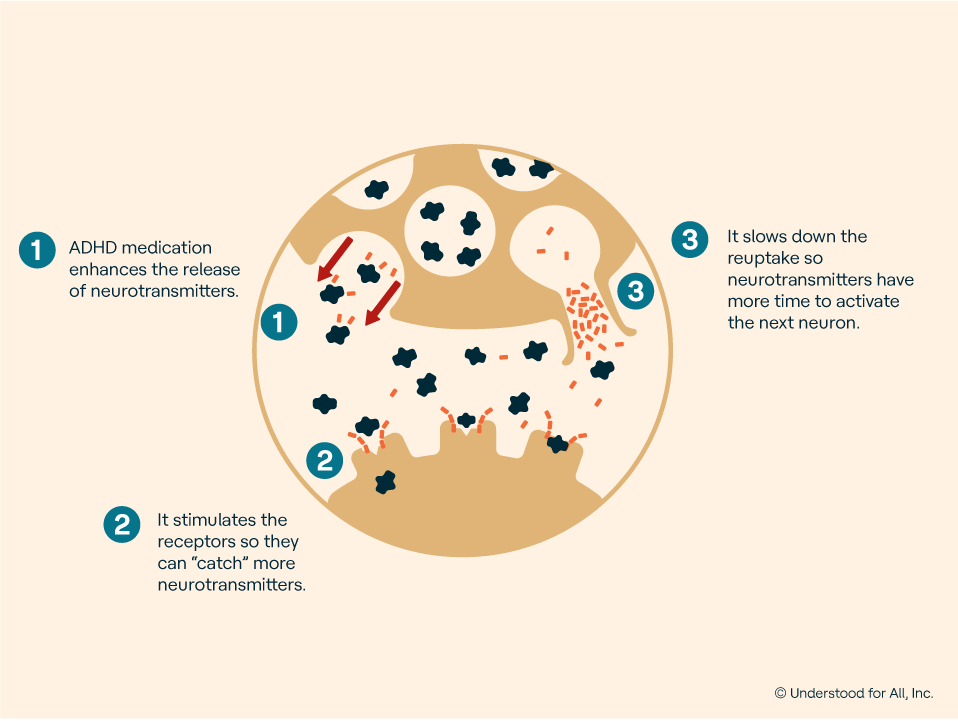Checking Out Efficient ADHD Therapy Choices for All Ages
The complexities of Interest Deficiency Hyperactivity Condition (ADHD) present one-of-a-kind difficulties throughout various age groups, necessitating a thorough expedition of reliable treatment alternatives. A combination of behavioral therapies, pharmacological treatments, and way of life alterations has actually revealed assurance in resolving the varied demands of people with ADHD.
Comprehending ADHD and Its Impact
Attention-Deficit/Hyperactivity Disorder (ADHD) is a neurodevelopmental condition identified by persistent patterns of negligence, hyperactivity, and impulsivity that can significantly influence numerous elements of a person's life. It commonly materializes in youth, although signs can persist into adulthood. The core signs and symptoms of ADHD can interrupt academic performance, hinder social interactions, and complicate work-related ventures.
Individuals with ADHD commonly have problem with preserving focus on tasks, organizing activities, and following up on directions, which can bring about scholastic underachievement (Depression Treatment). In social contexts, impulsivity might cause problems in creating and maintaining partnerships, as individuals might interrupt conversations or make hasty decisions without considering repercussions
In addition, ADHD can co-occur with other mental health problems, such as anxiety and depression, even more complicating medical diagnosis and therapy. The variability in symptom discussion suggests that ADHD can affect people in a different way, demanding a tailored technique to monitoring. Recognizing ADHD's multifaceted effect is important for developing effective approaches that support individuals in navigating day-to-day obstacles and attaining their possibility. Comprehensive understanding of ADHD's nature and ramifications lays the foundation for discovering suitable treatment choices customized to every person's requirements.
Behavioral Therapies for ADHD
Countless behavior treatments have been established to properly resolve the challenges related to ADHD, concentrating on modifying particular behaviors and fostering crucial abilities. Amongst one of the most identified methods are cognitive-behavioral therapy (CBT), parent training, and social abilities training.
CBT assists individuals determine and transform negative thought patterns and behaviors, advertising a more favorable outlook and improved self-regulation. This therapy often includes sensible approaches for handling impulsivity and improving organization. Moms and dad training programs equip caretakers by furnishing them with techniques to reinforce positive behaviors and set consistent boundaries, which can be particularly advantageous for youngsters with ADHD.
Social abilities training is another vital element, teaching people with ADHD just how to engage successfully with peers - Depression Treatment. This technique commonly includes role-playing and feedback to boost interaction, teamwork, and dispute resolution abilities
Incorporating these behavioral therapies into a comprehensive treatment strategy can substantially boost working and lifestyle for individuals with ADHD. Eventually, the effectiveness of these treatments depends upon customized strategies that take into consideration the distinct demands of each person, therefore promoting resilience and adaptability in every day life.
Medicine Options Available
For several people with ADHD, drug can play a substantial role in taking care of symptoms and enhancing overall performance. Both primary categories of drugs recommended for ADHD are stimulants and non-stimulants.
Stimulants, such as methylphenidate and amphetamine-based medicines, are one of the most read more frequently used therapies. These medications function by boosting the levels of neurotransmitters, especially dopamine and norepinephrine, in the mind, which assists boost interest and lower impulsivity and attention deficit disorder. They frequently yield rapid outcomes, making them a preferred alternative for several individuals.

It is essential for medical care providers to conduct a complete assessment to identify the most suitable drug based upon private needs, medical background, and potential side results. Regular follow-up and monitoring are also important to ensure the performance of the chosen treatment and to make any type of essential changes.
Lifestyle Adjustments to Think About
Taking care of ADHD effectively expands beyond medication, as way of life adjustments can significantly boost general well-being and signs and symptom control. Including organized routines is vital; regular schedules assist individuals with ADHD handle their time efficiently and lower sensations of bewilder.
Routine physical task is another vital part. Exercise not only helps to enhance concentration yet additionally boosts mood and lowers stress and anxiety degrees. Tasks such as yoga exercise or group sporting activities can be particularly valuable, promoting both physical conditioning and social interaction.
Nourishment additionally plays a critical duty. Depression Treatment. A balanced diet regimen abundant in omega-3 fatty acids, whole hormonal depression grains, and lean healthy proteins can add to improved emphasis and cognitive feature. Limiting sugar and refined foods is advisable, as these can exacerbate hyperactivity and impulsivity
Rest hygiene is essential for managing ADHD signs. Establishing a normal rest schedule and producing a relaxing setting can boost rest top quality, causing better interest and emotional guideline.
Alternative and Alternative Methods
Alternate and alternative methods to ADHD therapy supply a varied variety of options that match click this traditional approaches. These techniques frequently concentrate on lifestyle adjustments, dietary interventions, and restorative practices that intend to improve overall wellness while attending to ADHD signs and symptoms.

Mindfulness and behavior modifications are additionally obtaining grip as alternative treatments. Practices such as yoga, meditation, and cognitive-behavioral treatment can cultivate self-regulation and enhance interest. These methods sustain emotional strength, which is specifically beneficial for people with ADHD.
Herbal supplements, such as ginkgo biloba and ginseng, are often explored; nevertheless, it is essential to get in touch with healthcare professionals prior to including these into treatment plans. While option and alternative techniques can supply beneficial assistance, they need to preferably be made use of in combination with evidence-based treatments to accomplish optimal outcomes for taking care of ADHD throughout any ages.
Conclusion
In recap, reliable ADHD therapy necessitates a thorough technique that consists of behavior treatments, medicine, way of living adjustments, and holistic methods. This multifaceted technique highlights the value of personalized care in addressing the diverse needs of individuals with ADHD across all age teams.